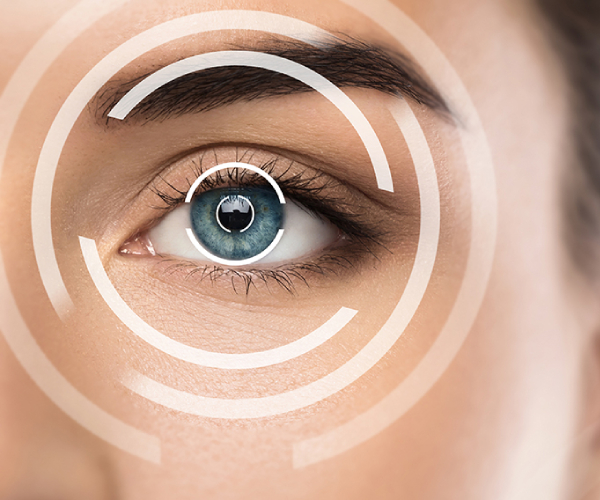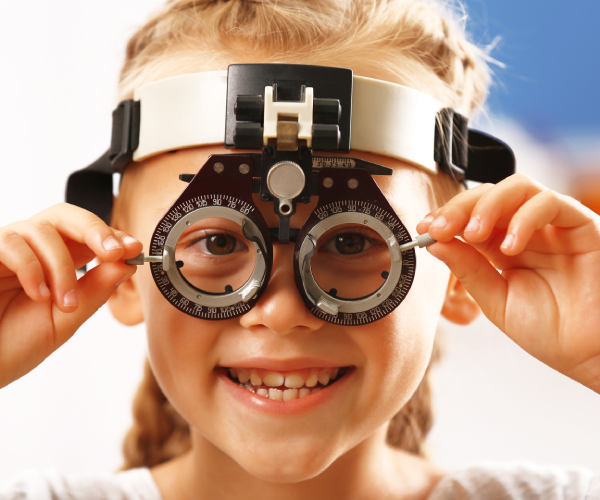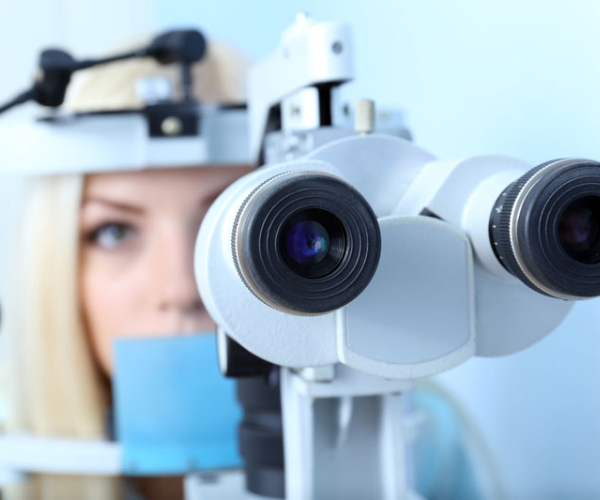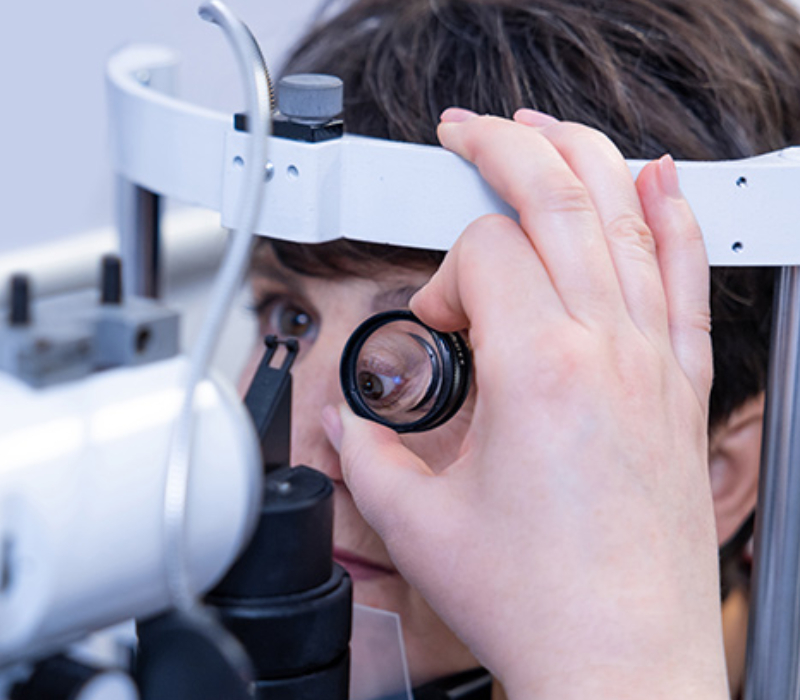
Cataract services refer to a range of medical and healthcare services aimed at the diagnosis, treatment, and management of cataracts. Cataracts are a common eye condition characterized by the clouding of the natural lens in the eye, leading to blurred vision. Cataract services typically involve the collaboration of eye care professionals, including ophthalmologists and optometrists, to provide comprehensive care to individuals with cataracts.

Glaucoma services encompass a range of medical and eye care services aimed at the diagnosis, management, and treatment of glaucoma—a group of eye conditions that can damage the optic nerve and lead to vision loss. Glaucoma is often associated with elevated intraocular pressure (IOP), and if left untreated, it can result in irreversible vision impairment. Glaucoma services are typically provided by ophthalmologists, optometrists, and other eye care professionals.

Vitreoretinal services pertain to the diagnosis, treatment, and management of disorders related to the vitreous and retina of the eye. The vitreous is the gel-like substance that fills the back part of the eye, and the retina is the light-sensitive layer that lines the back of the eye. Conditions affecting these structures can have a significant impact on vision, and vitreoretinal services are provided by specialized ophthalmologists known as vitreoretinal surgeons or specialists.

Corneal and refractive services focus on the diagnosis, treatment, and management of conditions related to the cornea and issues affecting the refractive properties of the eye. The cornea is the clear, front part of the eye that plays a crucial role in focusing light onto the retina, while refractive issues involve problems with the eye's ability to bend light, leading to vision problems like nearsightedness, farsightedness, and astigmatism. Ophthalmologists specializing in cornea and refractive surgery provide these services.

Pediatric eye services are specialized healthcare services tailored to meet the unique eye care needs of children, infants, and adolescents. These services aim to monitor, diagnose, and treat various eye conditions that may affect pediatric patients. Early detection and intervention are crucial in ensuring proper visual development and addressing potential issues that could impact a child's vision.

Computer Vision Syndrome (CVS), also known as digital eye strain, is a term used to describe a group of vision-related problems resulting from prolonged use of digital devices, such as computers, tablets, and smartphones. The symptoms of CVS are temporary and often occur after extended periods of screen time. It's essential for individuals who experience persistent symptoms of CVS to seek professional eye care. An eye care professional can provide personalized advice, assess overall eye health, and recommend appropriate measures to reduce digital eye strain.

Our ophthalmology department is dedicated to preserving and improving your vision. Whether you need routine eye exams, treatment for eye conditions, or advanced surgical procedures, our experienced eye care specialists are here to ensure your visual health. Certainly Below is a comprehensive list of eye care tips that you can consider for an "Ophthalmic Care Card." You can use or modify this content as needed.